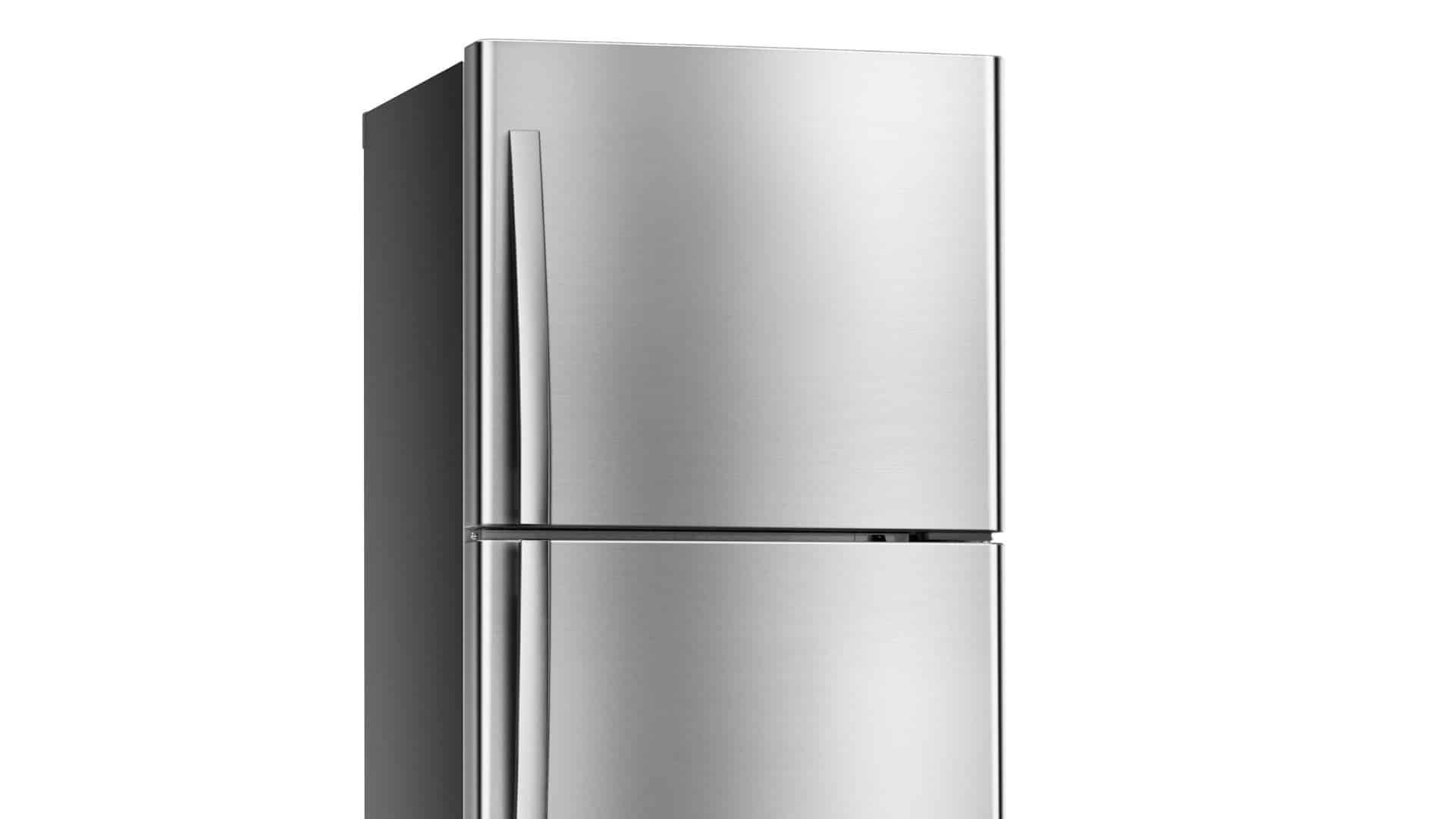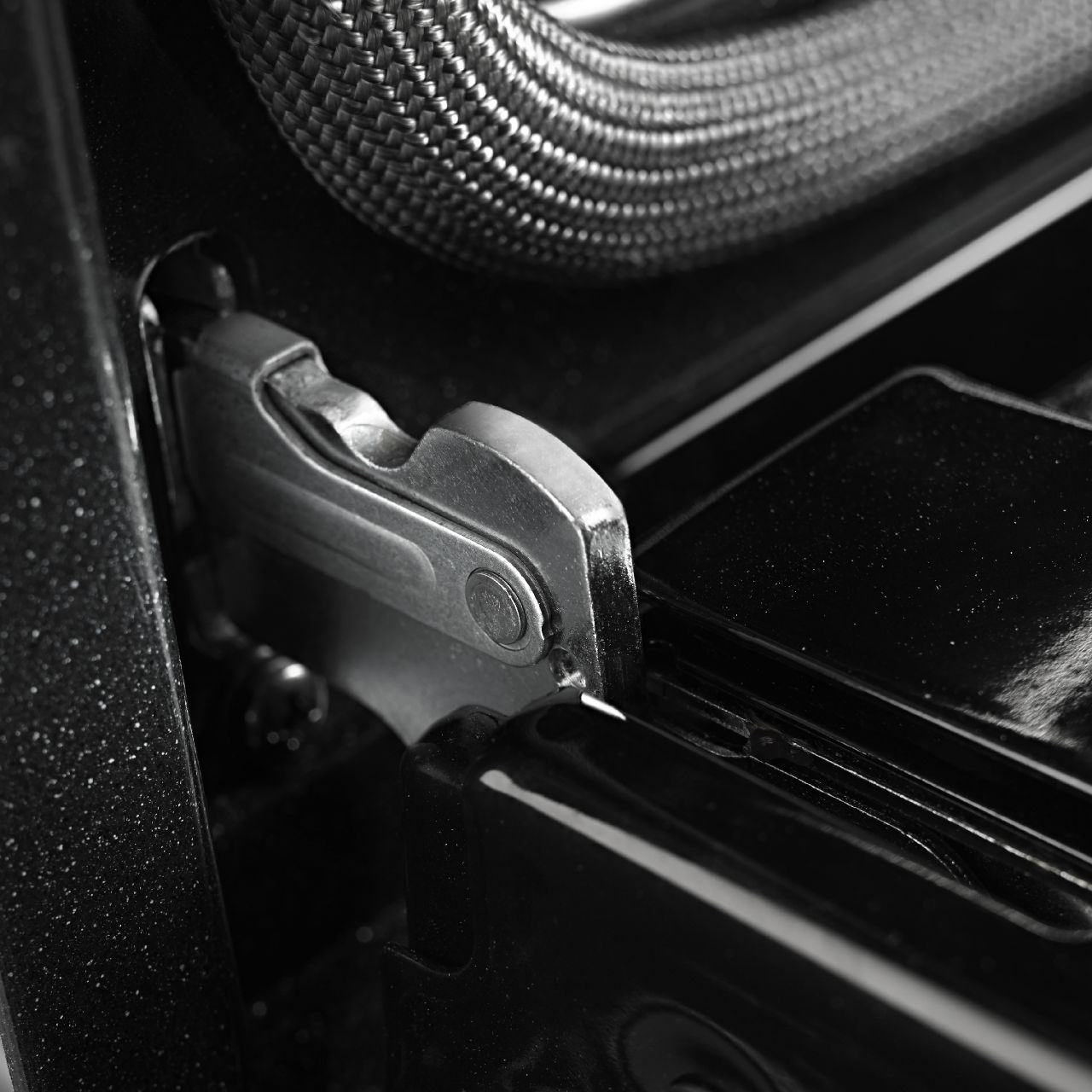
Every appliance has a maximum lifespan. It doesn’t mean when they get to that number they will automatically self-destruct, but when they do hit that magical number, it means you can expect to have components wearing out and may even have to replace it in the next few years.
It used to be that ovens were made to last until your children grew up and bought ovens of their own. They were made out of that sturdy heavy gauge metal and used primarily mechanical components. However, more modern ovens use lighter materials, electronic components, and may even essentially have a computer inside them.
While this has lead to a number of great features for modern ovens, it has also significantly diminished their lifespan. These days you can expect an oven to last between 13 to 15 years, with gas ovens lasting longer than electric ovens.
However, like all your other expensive appliances, there are some things that you can do to extend this lifespan on your oven. If you are looking to keep your beloved kitchen centerpiece working longer than its expiration date, here is what you need to start doing.
Keep It Clean
A little bit of tender love and care will really go a long way with your appliances. Unfortunately, unlike with your stove, wiping up spills when they happen in your oven is not really a solid way to keep it clean. Ovens suffer from a unique problem of ambient dirt and grease. This means that as your food boils, bubbles, and browns up, it is releasing grease and food particles into the air inside the appliance.
Over time, these particles build up and may force your oven to work harder to get to the temperature it needs to be. Furthermore, they can burn up and release bad smells around your food. Your oven should be cleaned at least once a month. Instead of grease-cutting chemical oven cleaners, we recommend using warm water with baking soda to remove those tough, baked-on areas of grime. Be sure to avoid steel wool as well to avoid scratching the protective covering inside your oven tub.
Avoid The Self-Clean Feature
Self-clean functions come with every oven. The way they work is they heat up the oven to upwards of 500 degrees to actually burn away any food particles or grease. While this is an effective cleaning method, it is incredibly hard on your actual oven. In fact, many people will discover problems after using self-clean. The oven is insulated to withstand heat, but it doesn’t always work. Common problems with using self-clean over and over to clean your oven is that is can melt the wires to the control board or damage the door lock that will no longer disengage.
Needless to say, heating the oven that hot will also cause unnecessary strain on the heating elements within as well. They can withstand the high temperatures, but producing that much heat will wear them down.
Check The Seals
You will always want to make the conscious effort to look inside your oven and make sure everything is as it should be. A common example is the electric heating elements. If they are pulled forward, the heat may actually end up melting the connectors at the back because it is not seated correctly. However, the most important seal to check is the one that runs around the door. This pliable fabric seal functions the same way as the pliable plastic one on your refrigerator does but in reverse. It keeps heat in and keeps cold out.
This seal should be completely even with no knicks or bumps on it. This assures optimal energy efficiency, but the ambient heat escaping from the oven can rise up and hurt parts like the knob controls on your range. You definitely don’t want that.
Protect It From Power Surges
This may seem like it is most important for electric ovens, but these days, it is important to protect all ovens from power fluctuations. While electric ovens use electricity as their main power source, all ovens use electricity in the control panels. This is actually the part you should be concerned about when there is a power surge.
The control board in your oven is its brain. It allows you to set the temperature and then triggers the other parts to heat the oven to that temperature. Unfortunately, control boards can easily malfunction when hit with a power surge. You will want to make sure your oven is plugged into a surge protected outlet or correctly hardwired to your fuse box to prevent any problems, especially if blackouts or brownouts are common in your area.
Make Repairs As Soon As Possible
Aside from keeping your oven clean, the best thing you can do for it to extend the lifespan is to notice when something is wrong. Like with a problem in your car or your home, a problem with your oven isn’t going to get better on its own. In fact, it is going to probably get worse. The thing about appliance problems is that they can compound on themselves. A short in one wire may lead to a short in another as it tries to compensate. This is why if you have an oven problem, you need to get it diagnosed as soon as possible so you can make the right repair.
A problem with your oven may not mean you need to replace the whole appliance just yet, even if it is at that maximum age. When you should consider replacement is when you have had one repair after another in a pretty quick succession. Enough repairs are done and you have pretty much spent more keeping it on life support than you would have to buy a new model. In particular, you will want to consider replacement when those big and difficult repairs come up such as replacing the control board. Many of the parts in an oven don’t break the bank, but they are difficult to replace, which will lead to a significant cost.
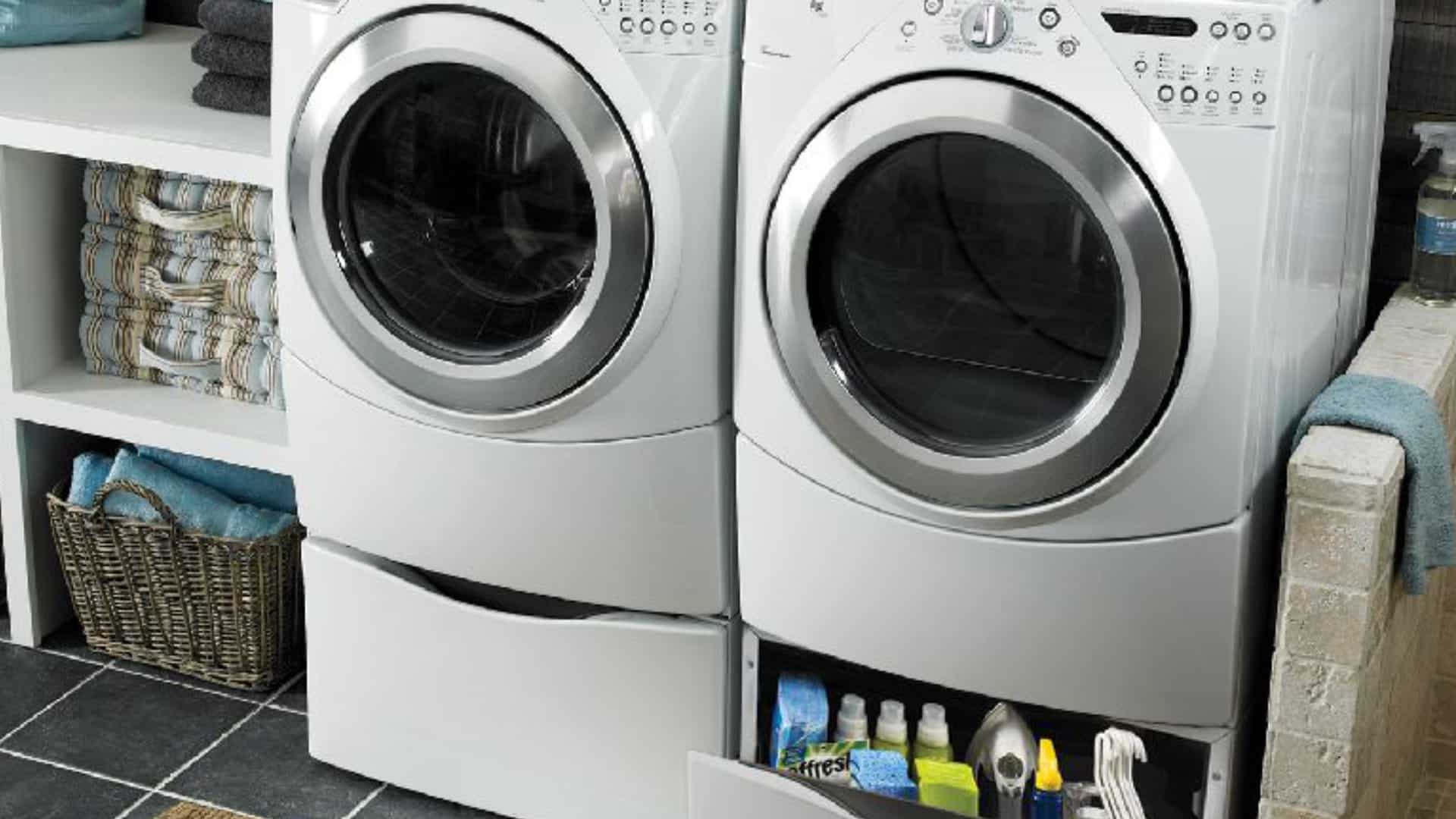
How to Fix the Whirlpool Washer F9 E1 Error Code
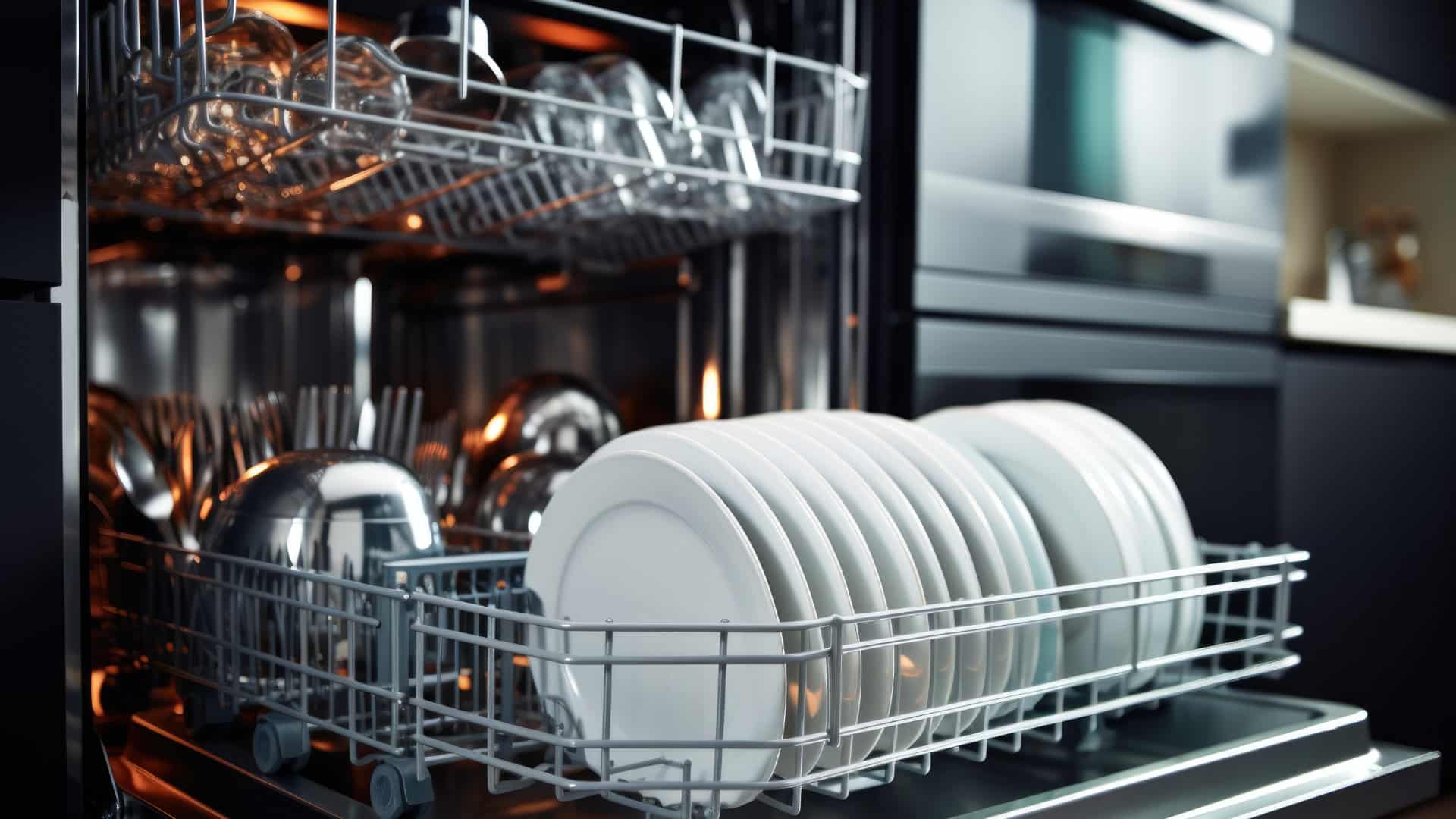
How to Solve Frigidaire Dishwasher Lights Blinking
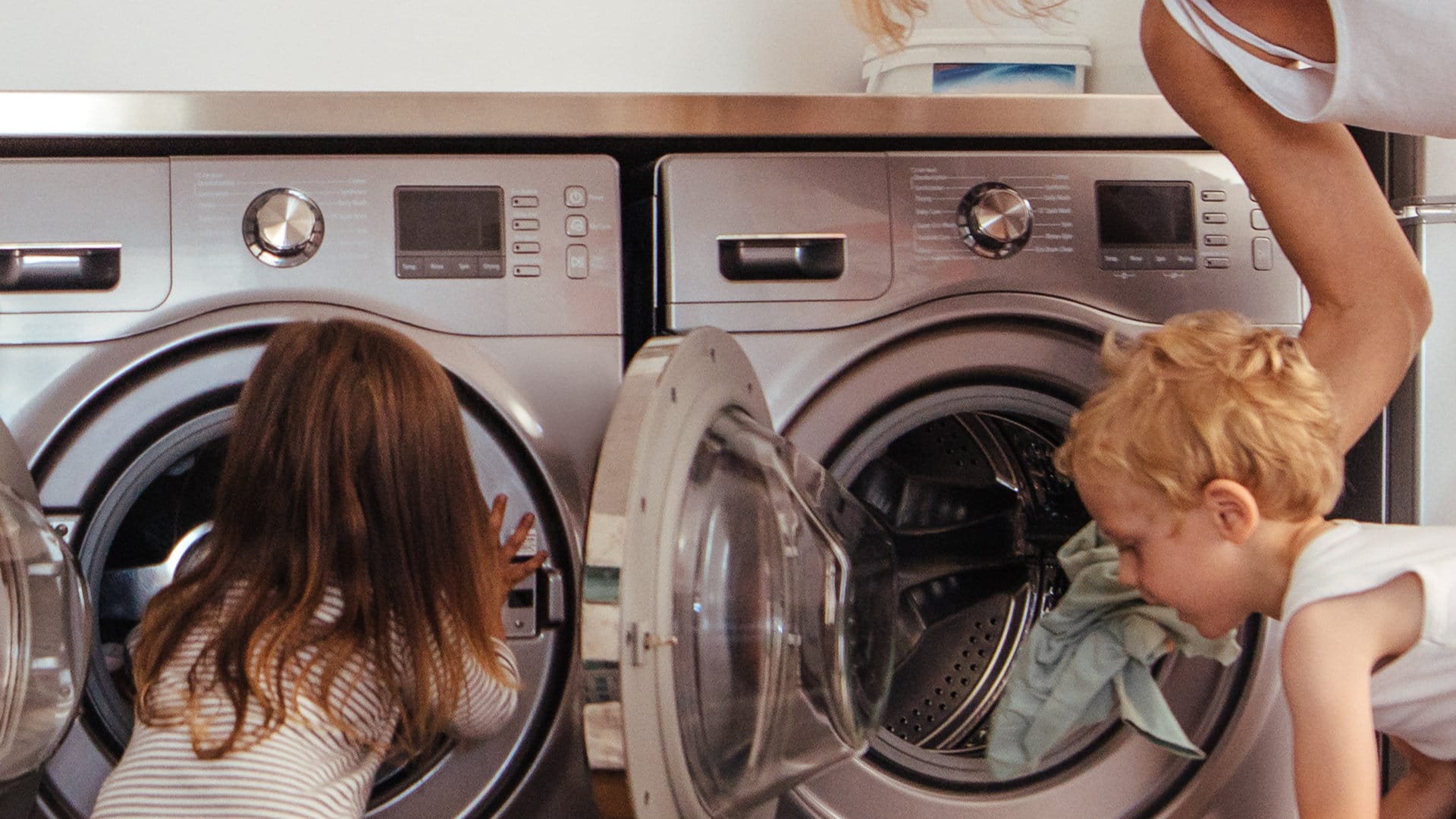
Resolving the LG Washer UE Error Code (3 Easy Fixes)
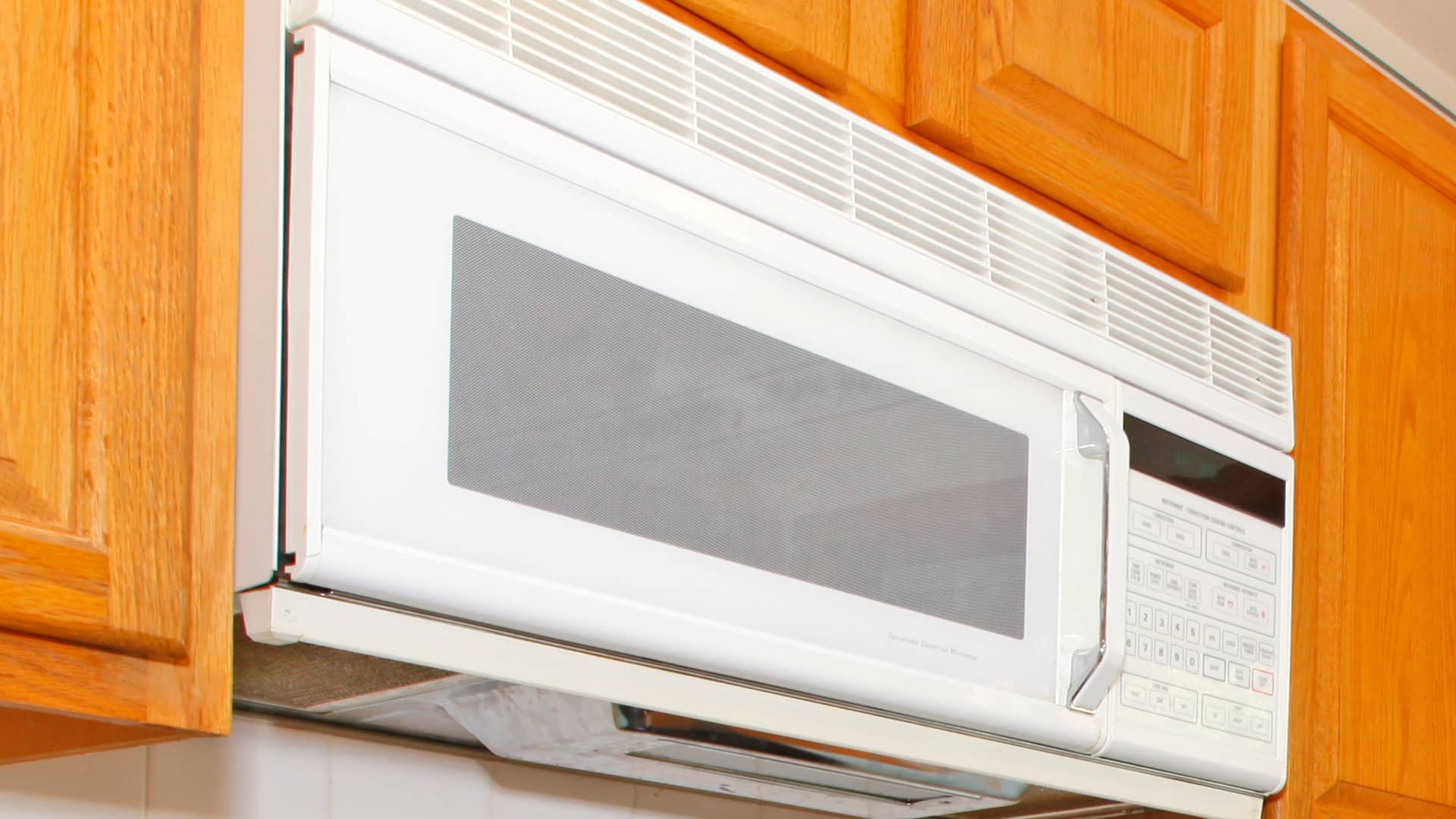
Replacing an Over-the-Range Microwave with a Range Hood
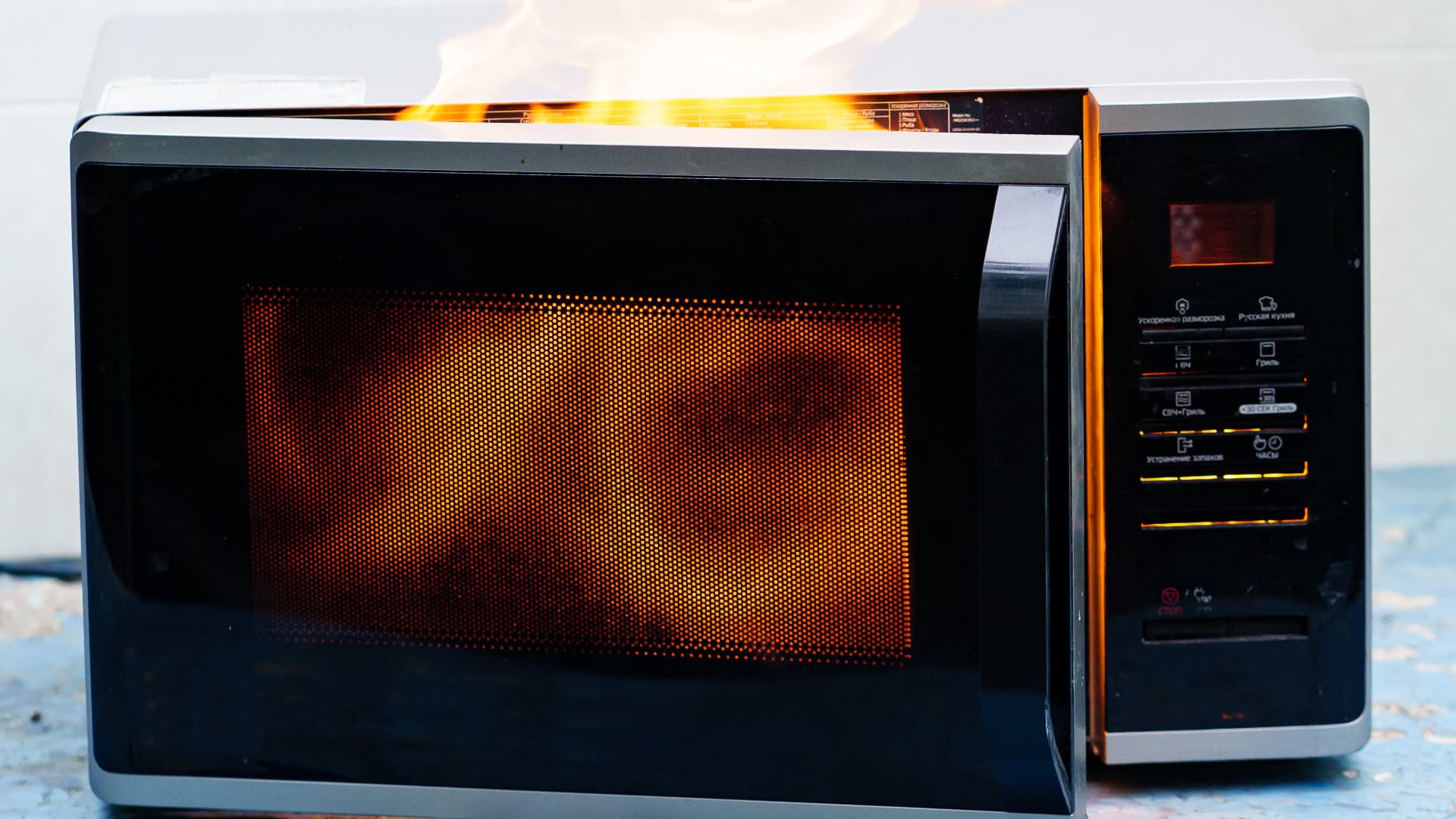
How to Get Burnt Smell Out of Microwave (In 2 Easy Steps)
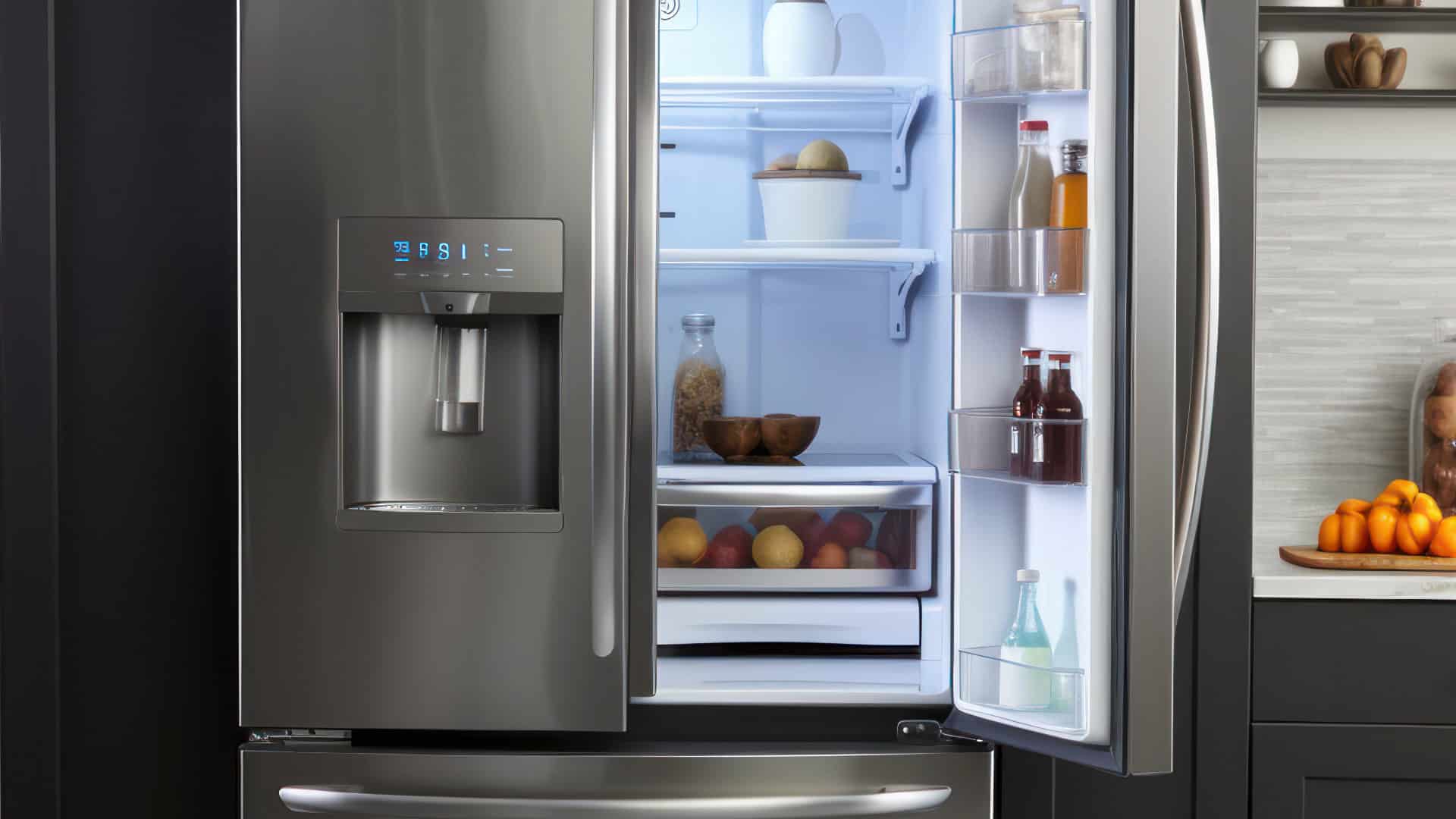
7 Reasons Why Your Bosch Ice Maker Is Not Working
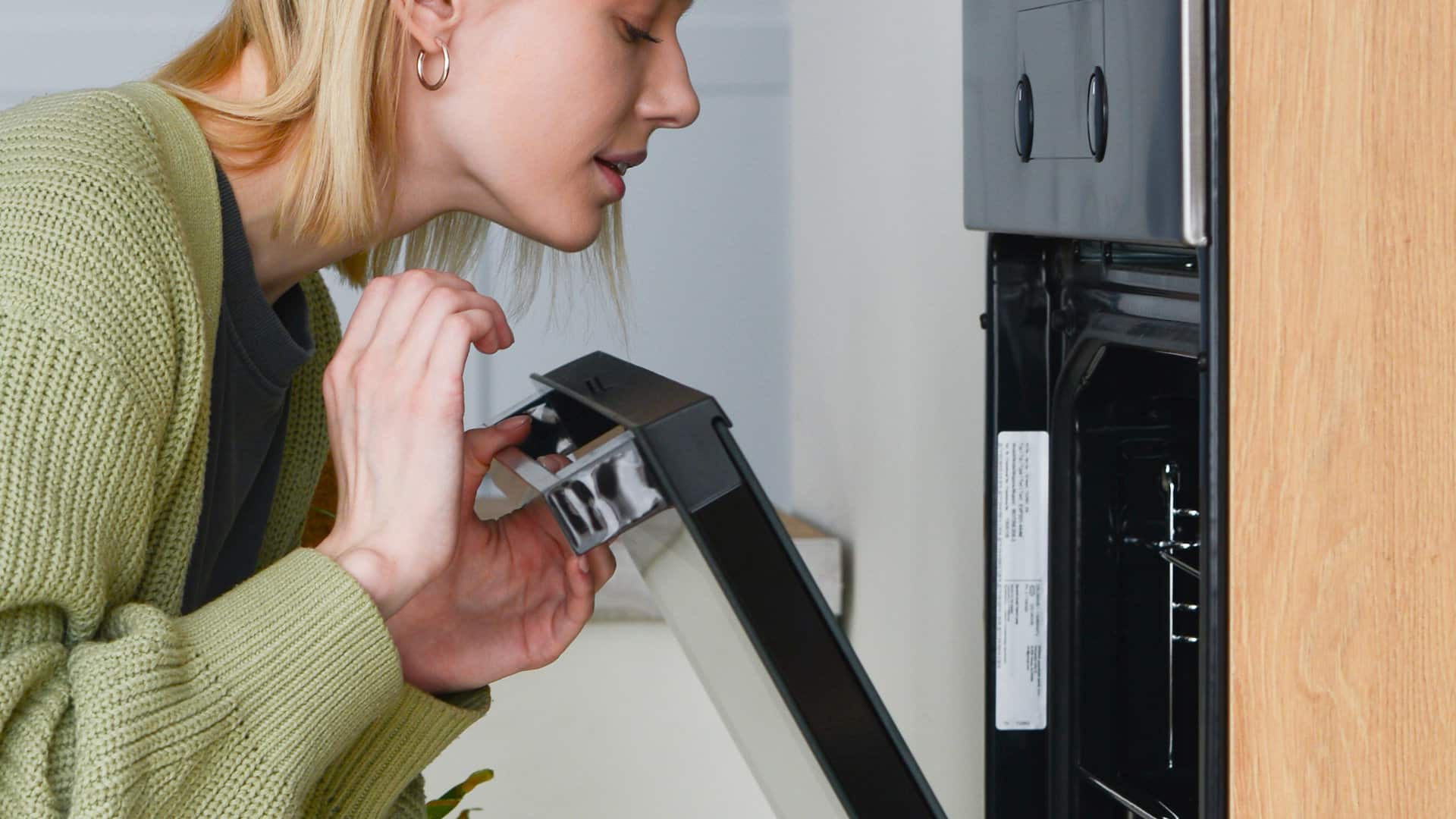
Why Does Your Self-Cleaning Oven Smell?
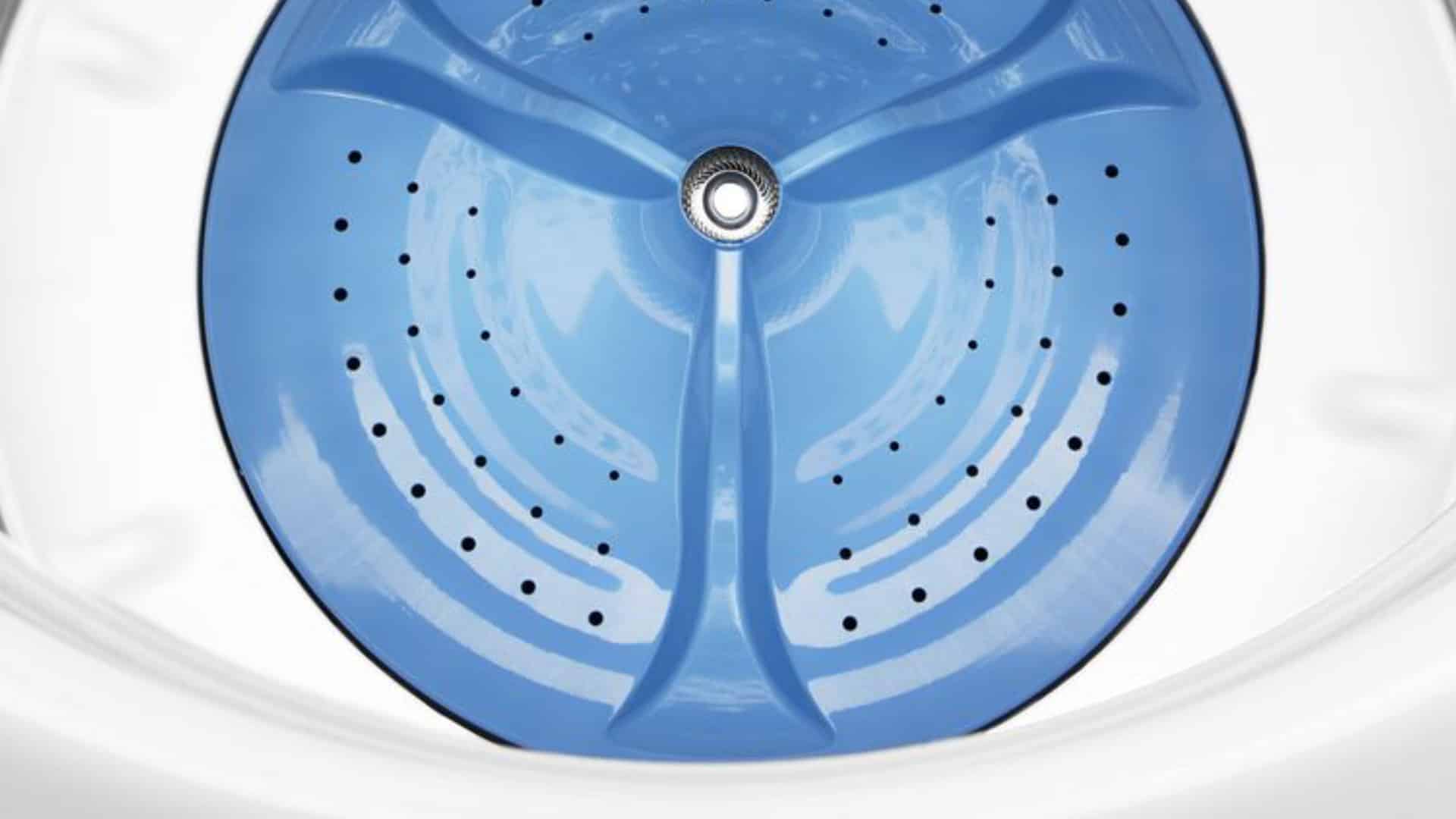
Why Is Your Whirlpool Cabrio Washer Not Spinning?
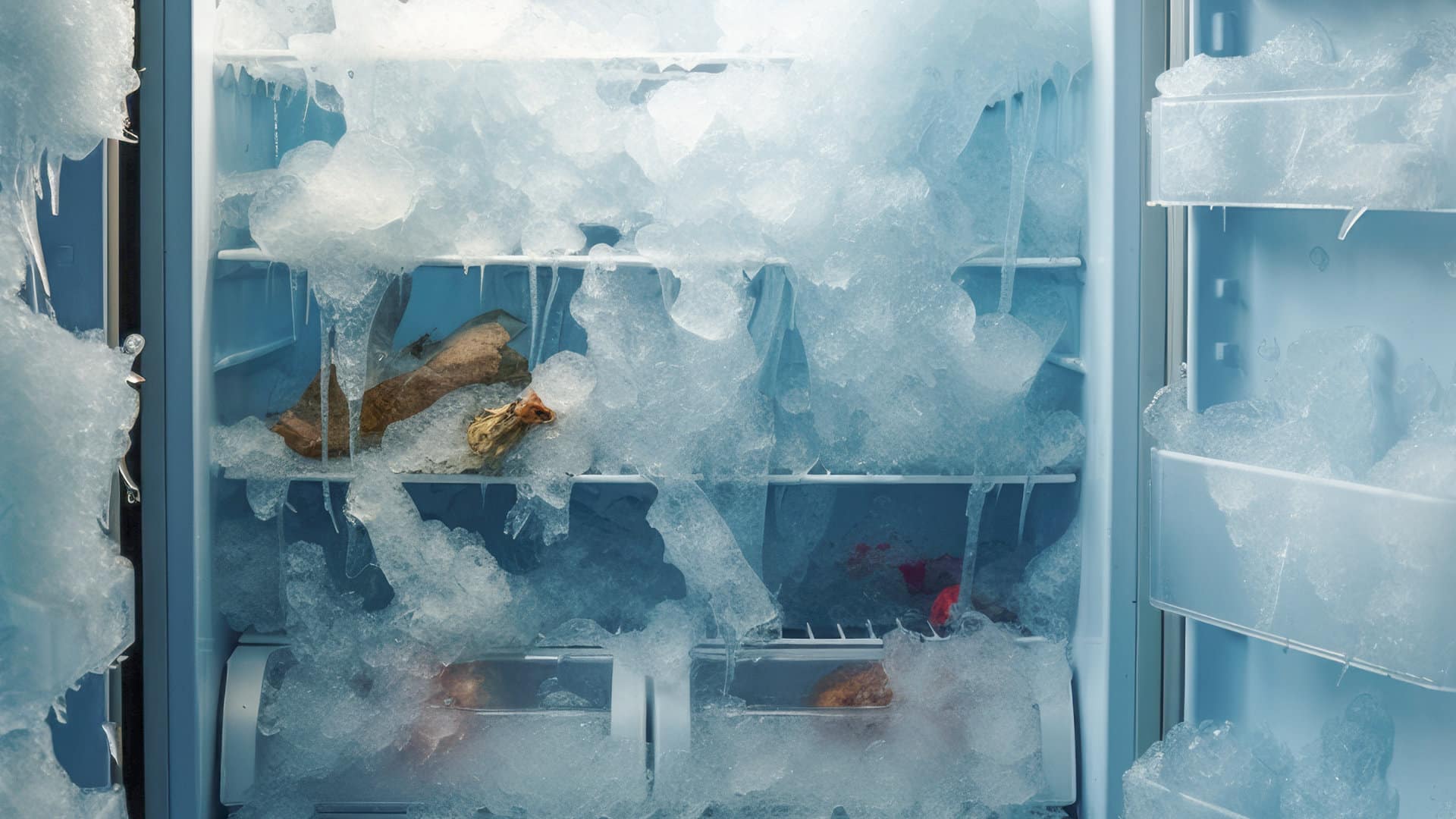
Why Does My Refrigerator Make Noise?
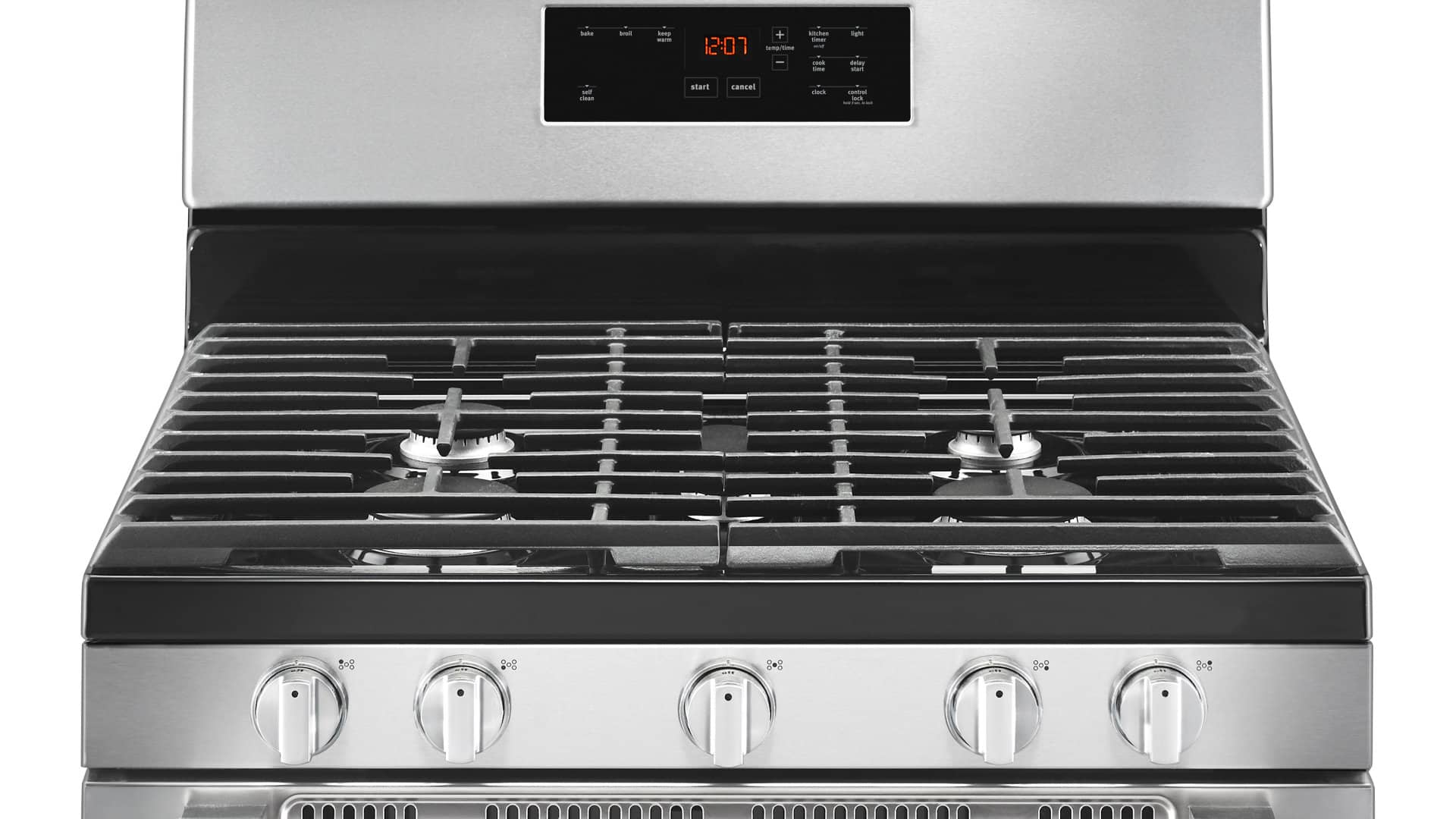
Troubleshooting the F2 Error Code on a Whirlpool Oven
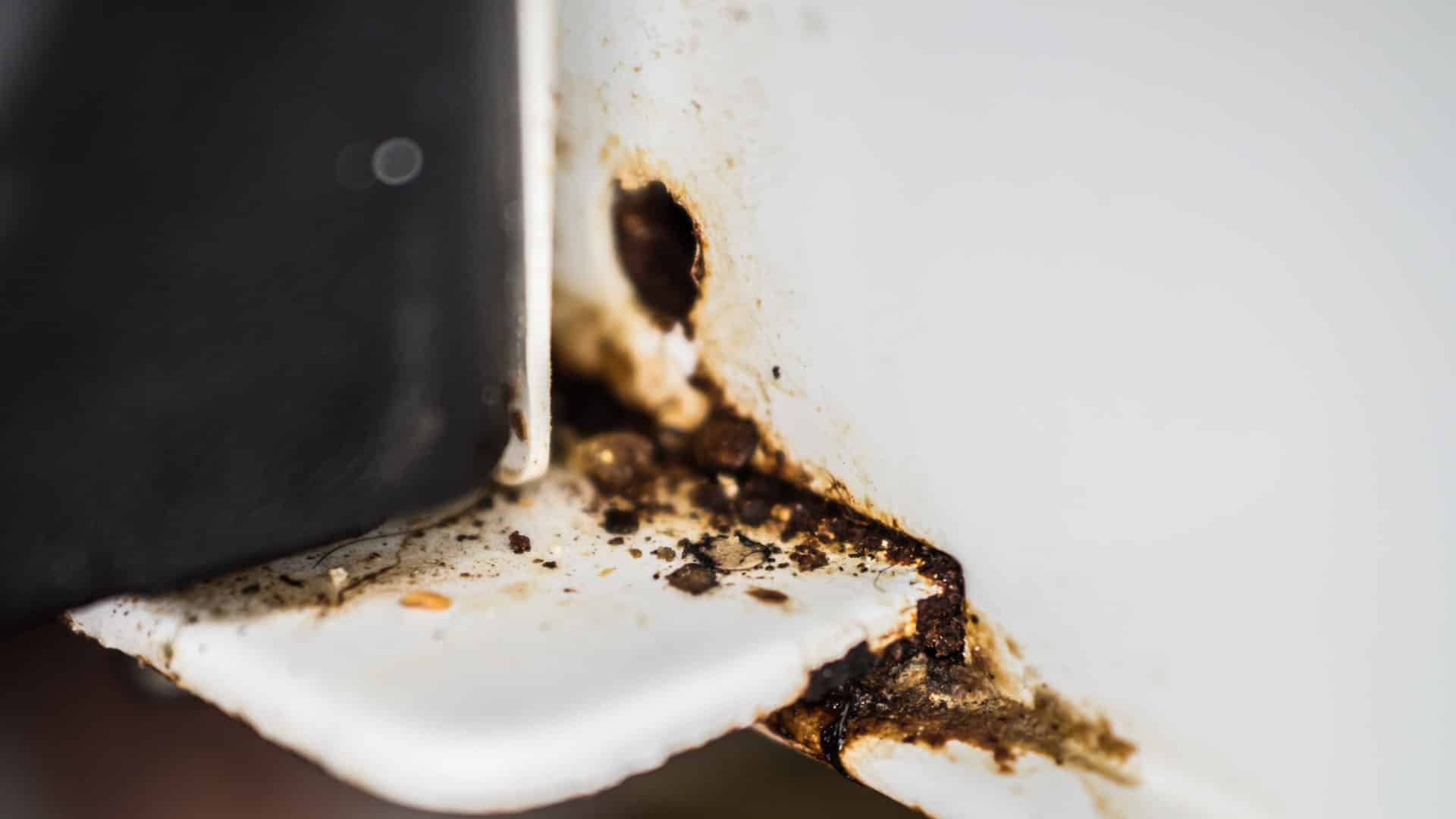
Rust Inside Microwave: Causes, Fixes, and Prevention Tips

4 Ways to Get Smell Out of Dishwasher
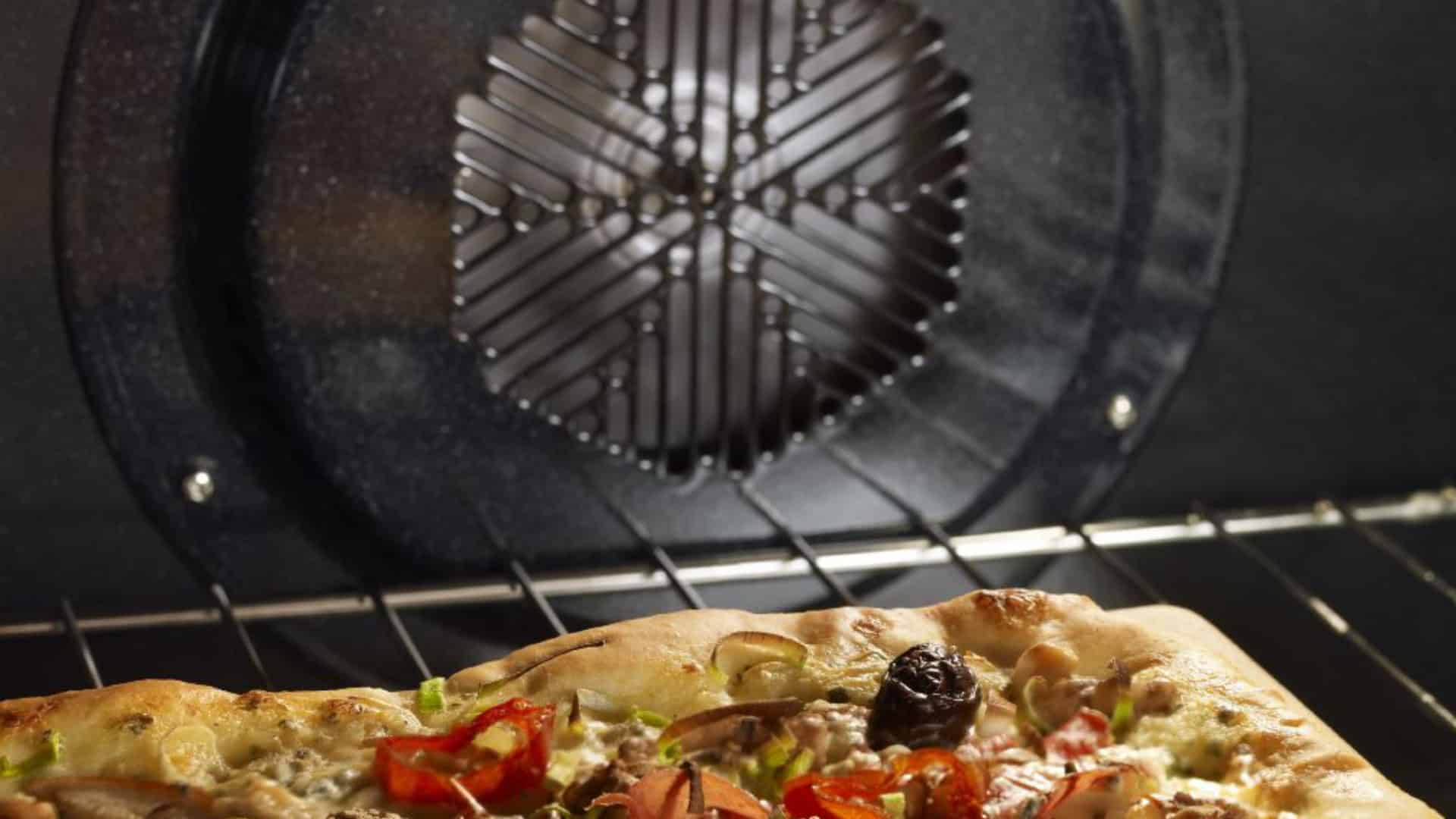
7 Steps to Fix a Whirlpool Oven Not Heating
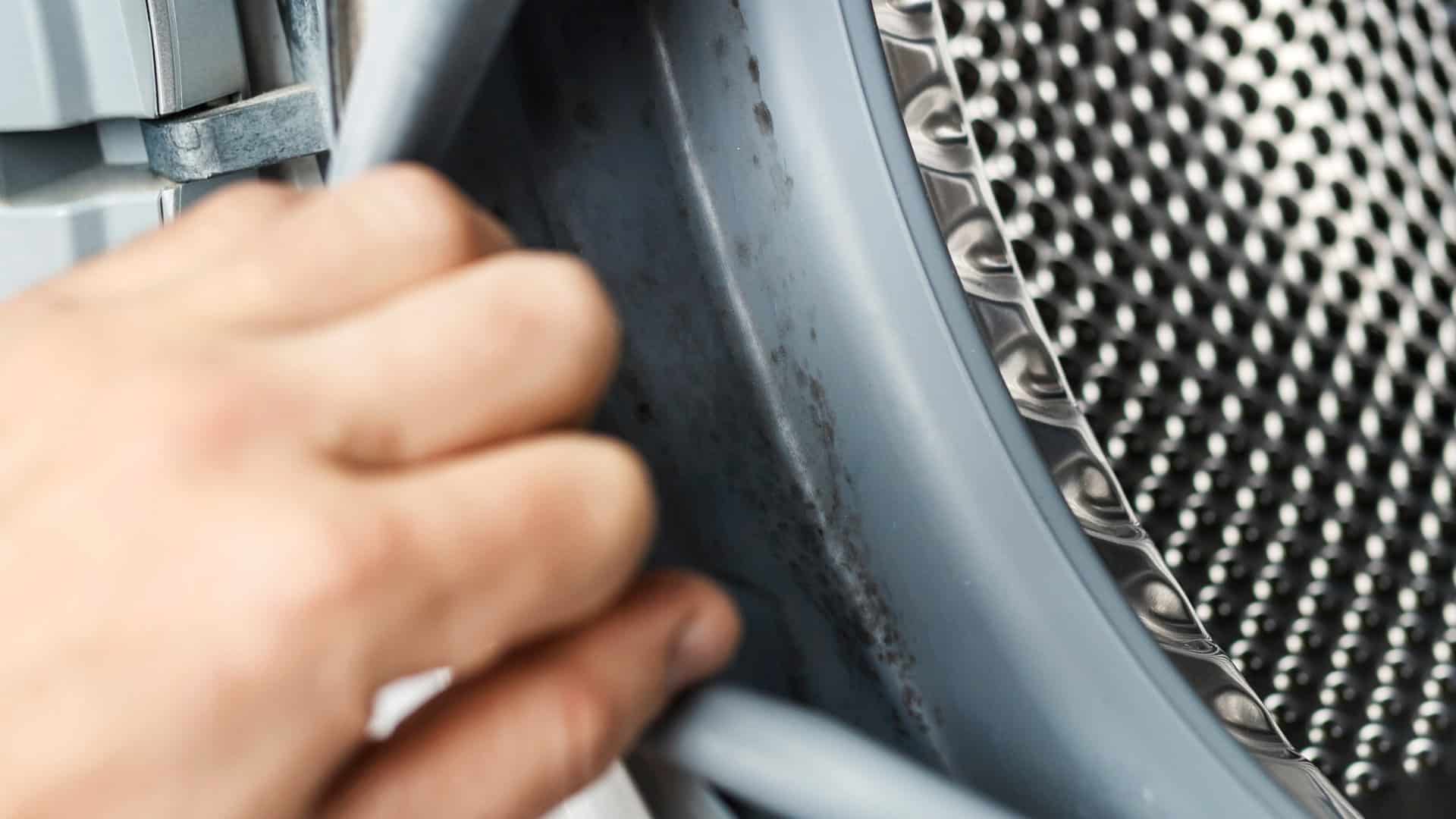
What to Do When Your Washing Machine Smells Like Rotten Eggs
